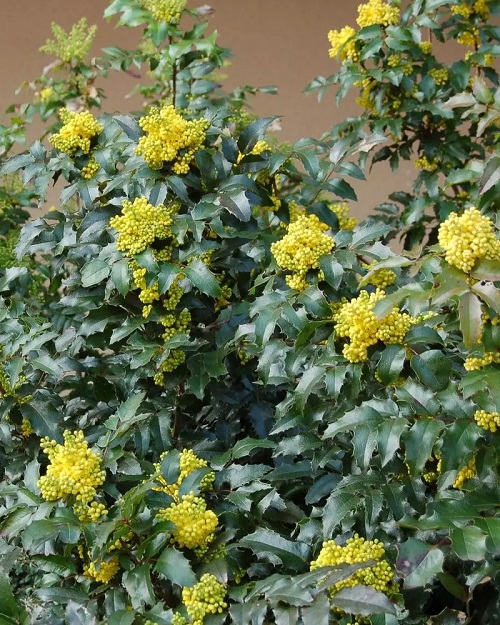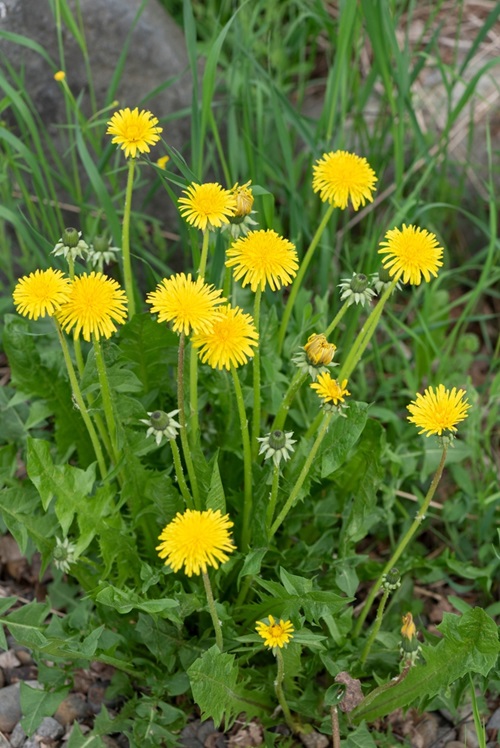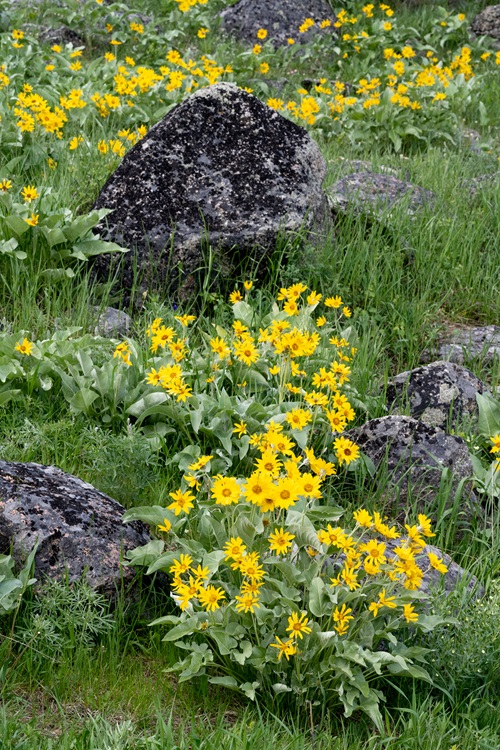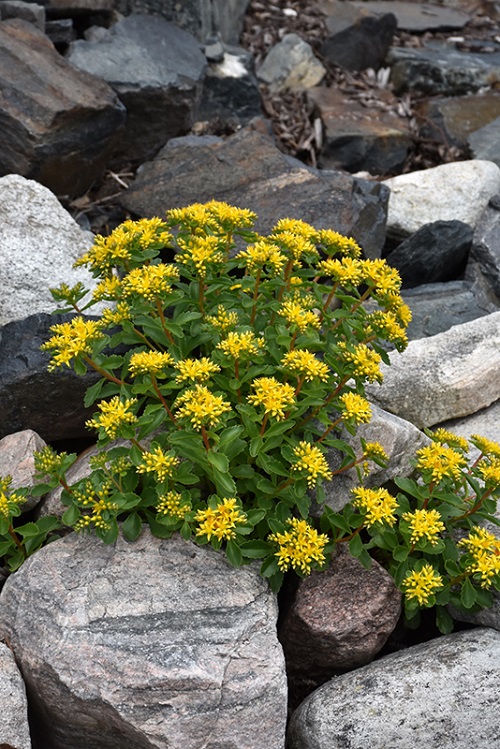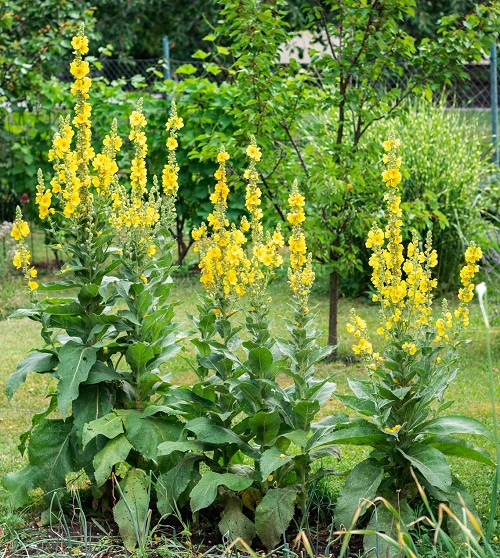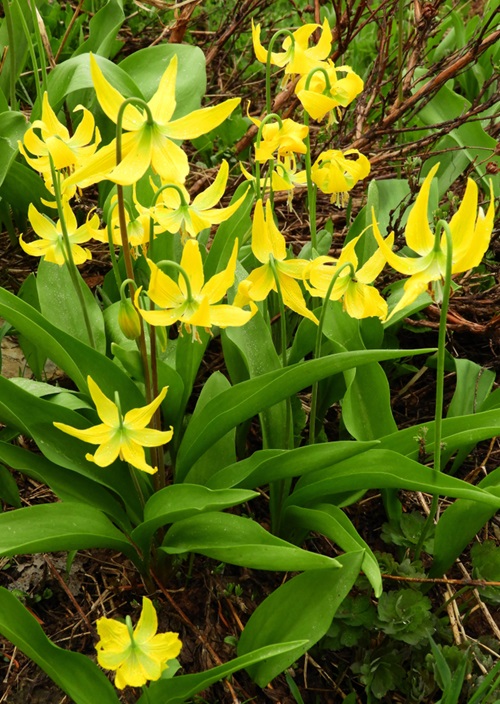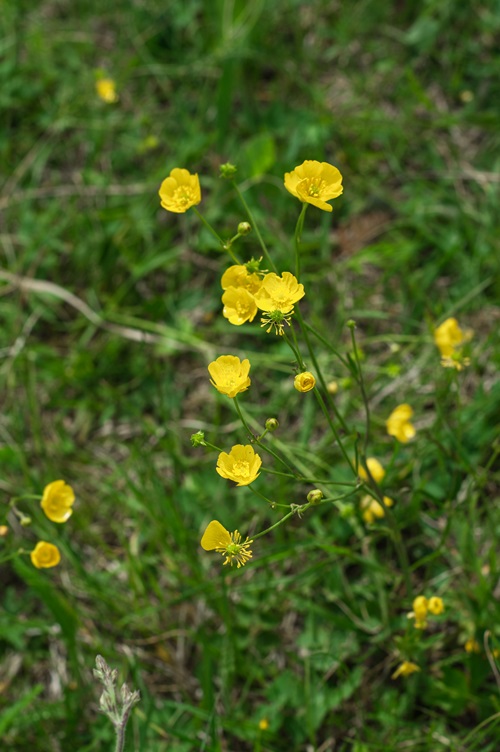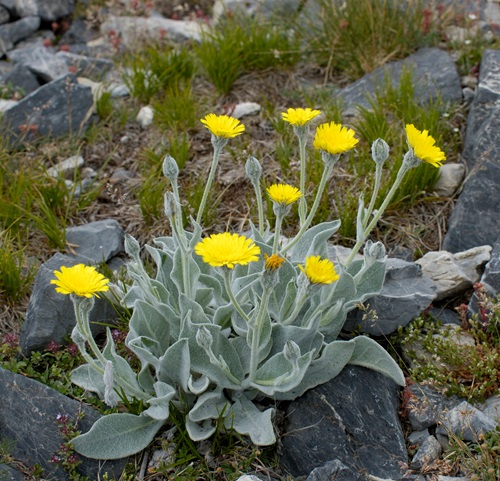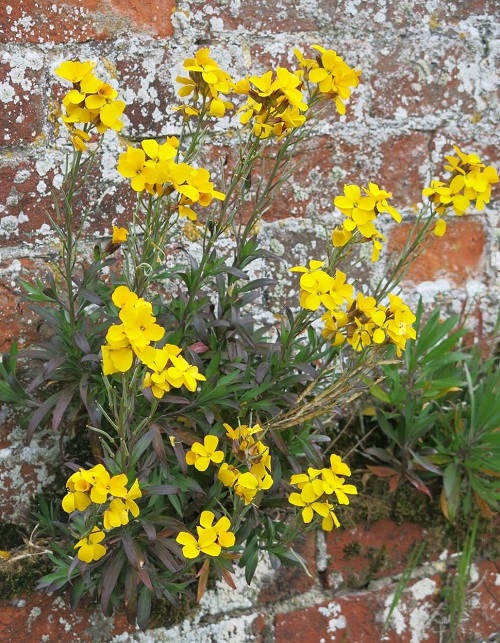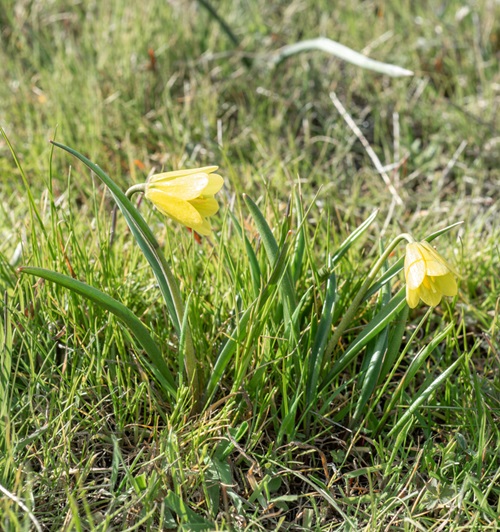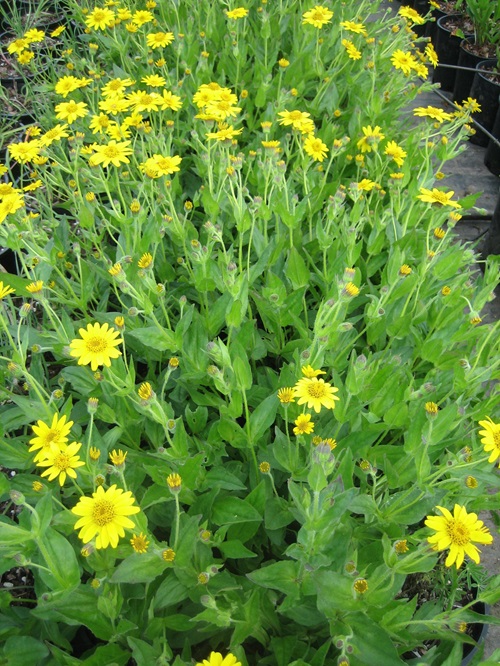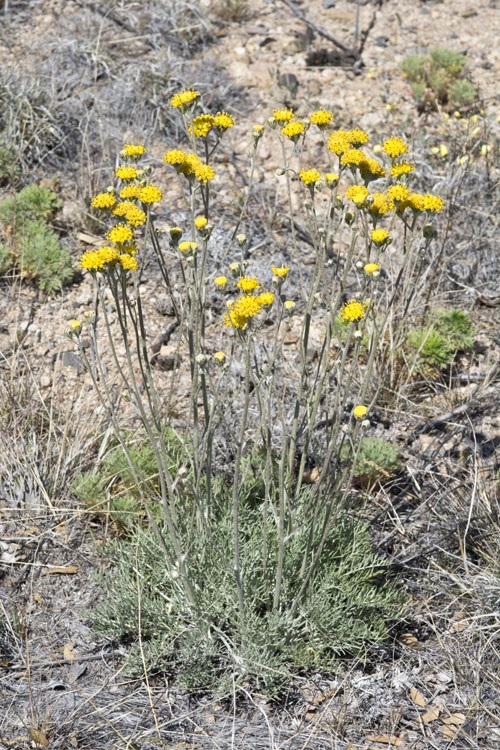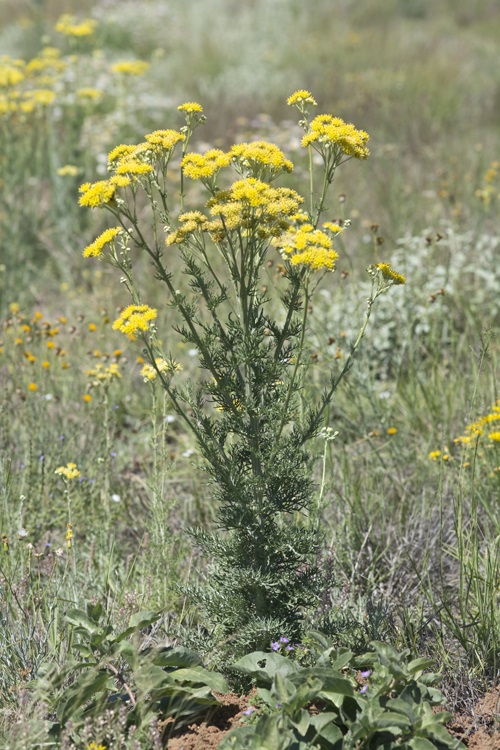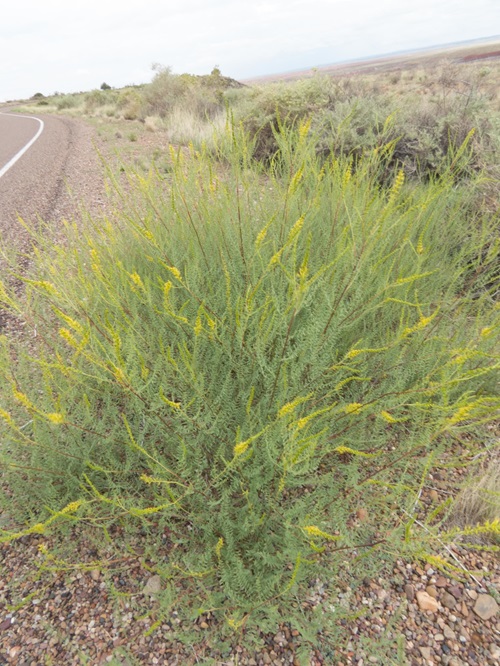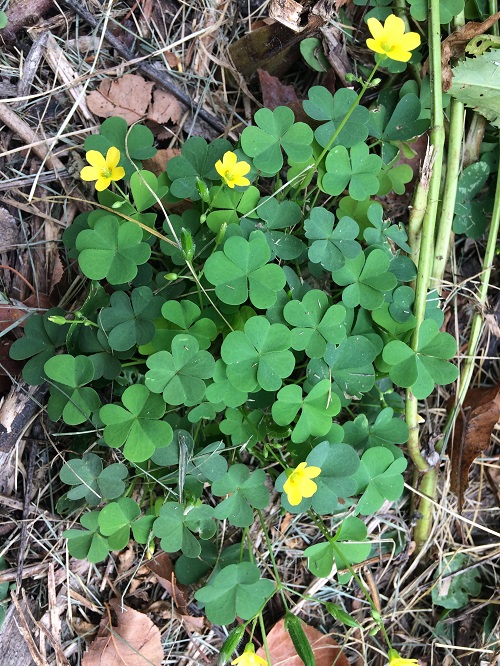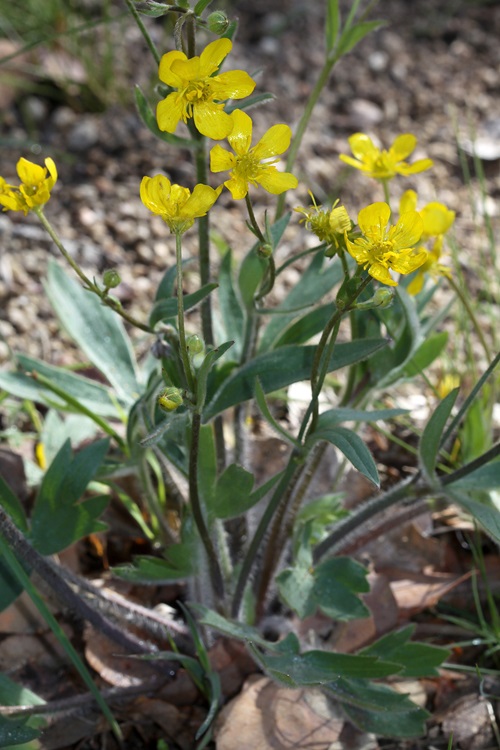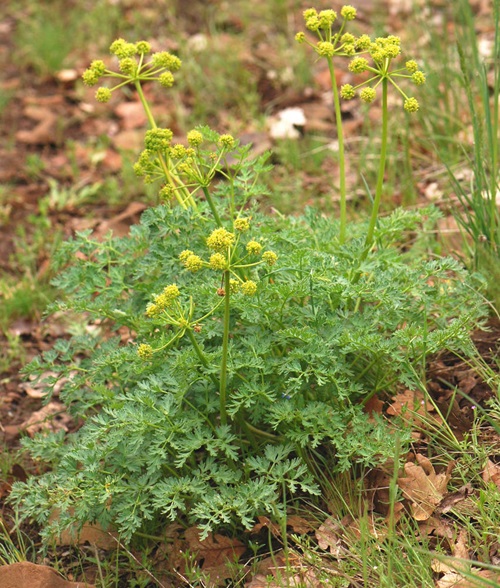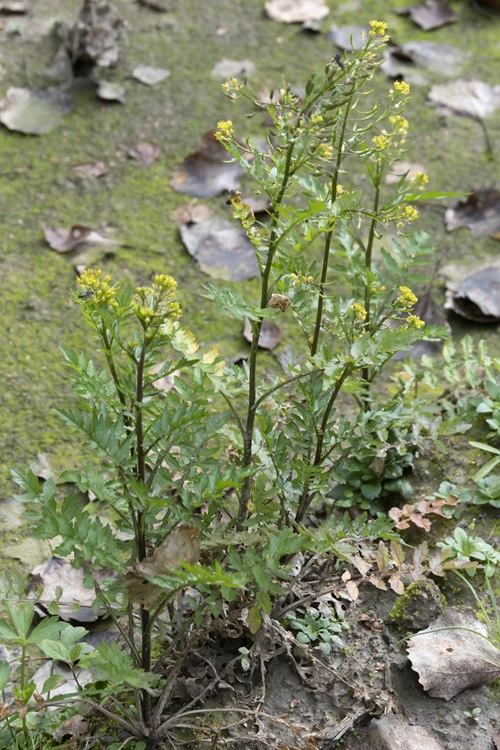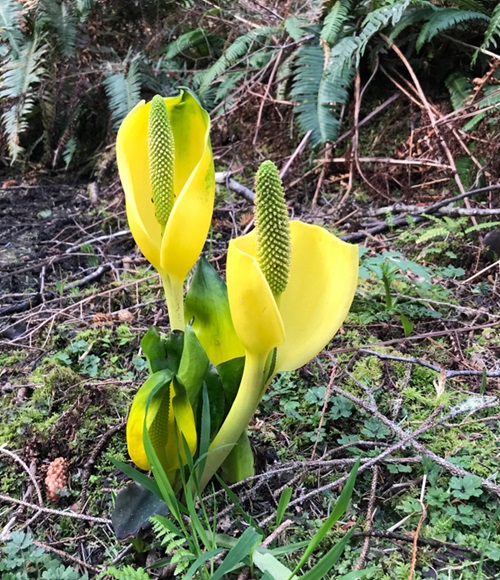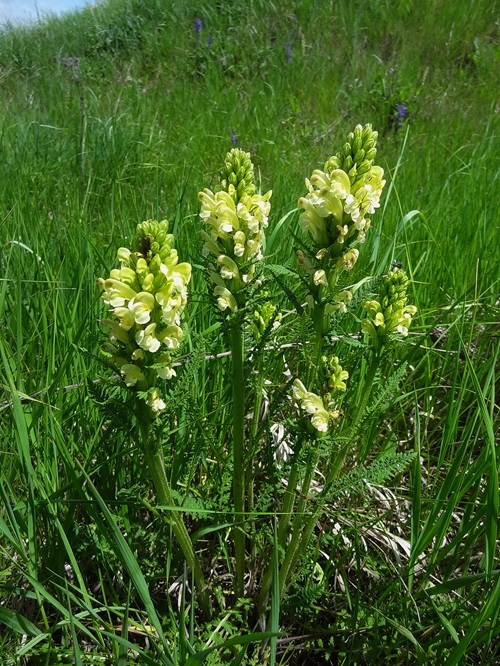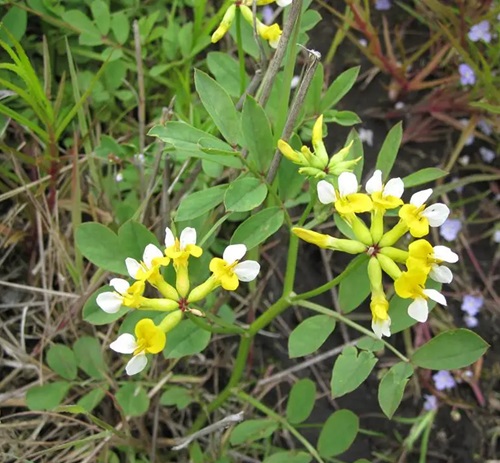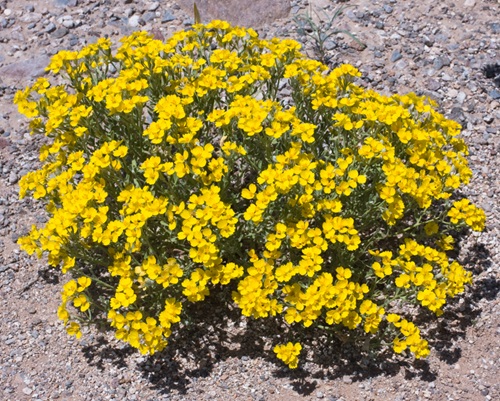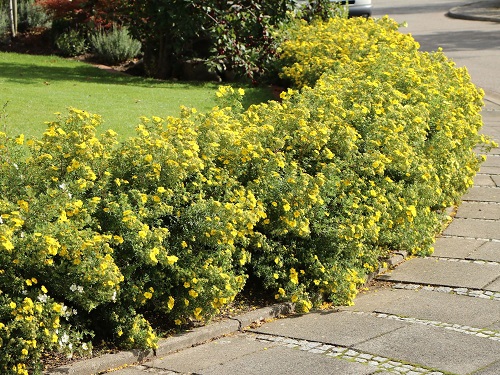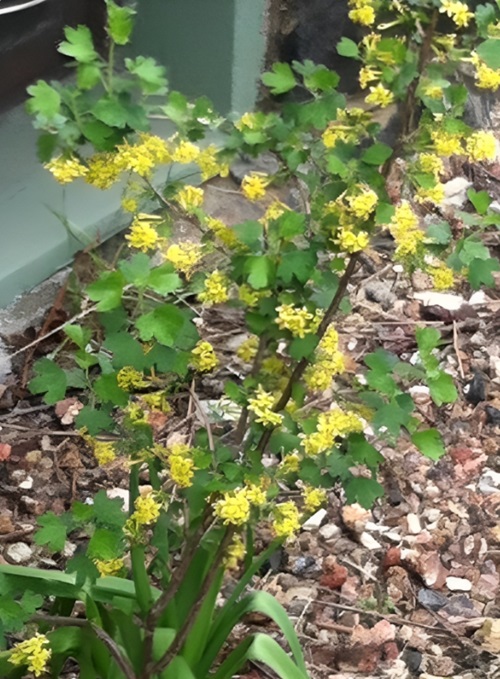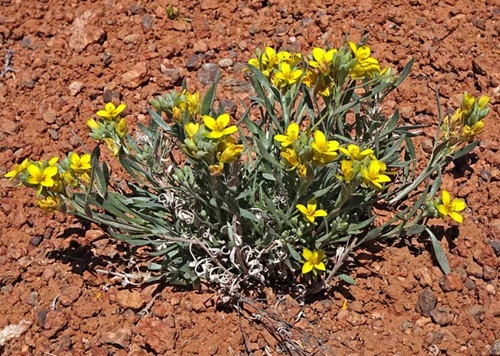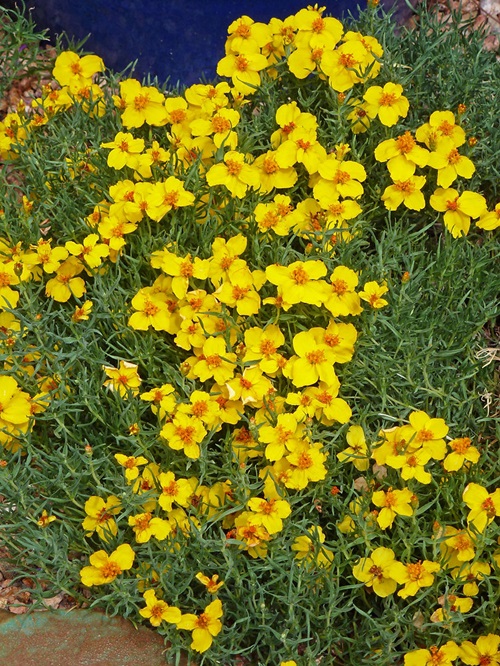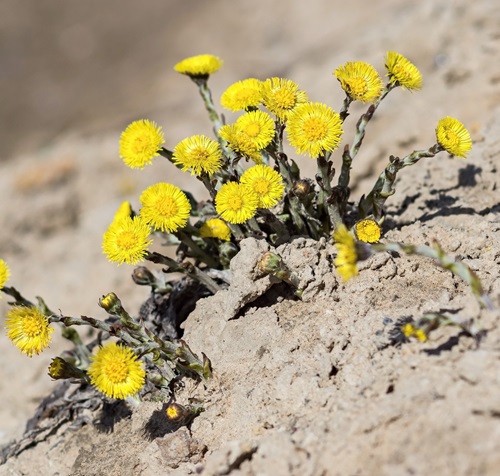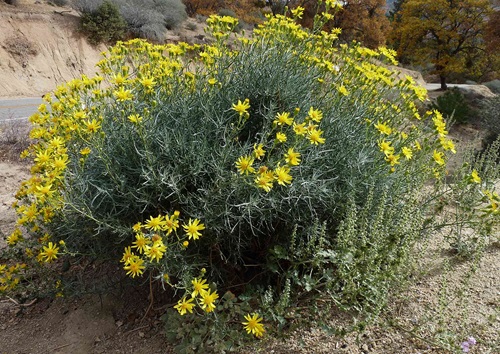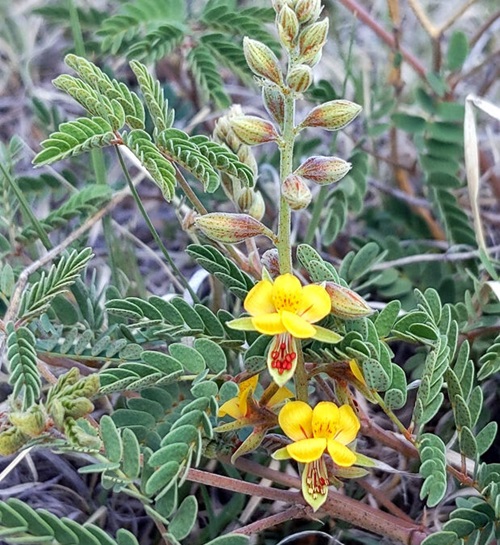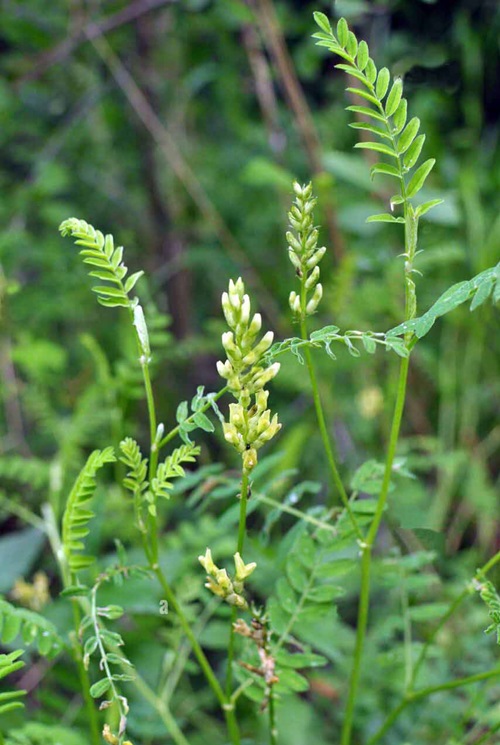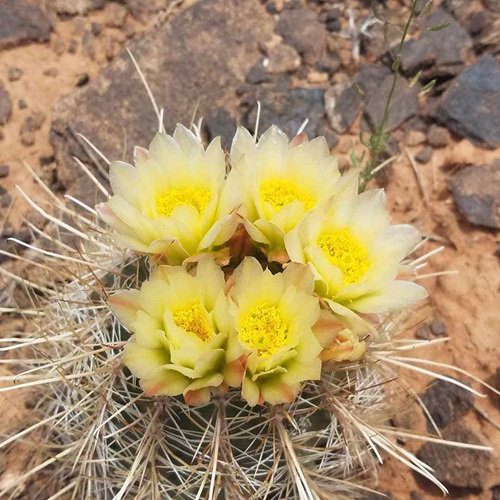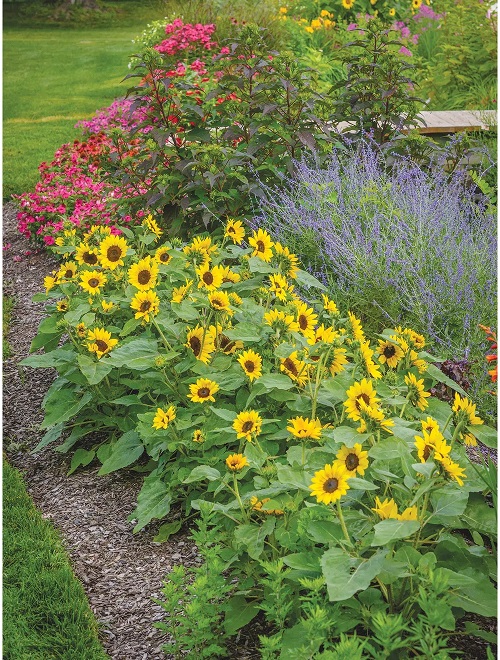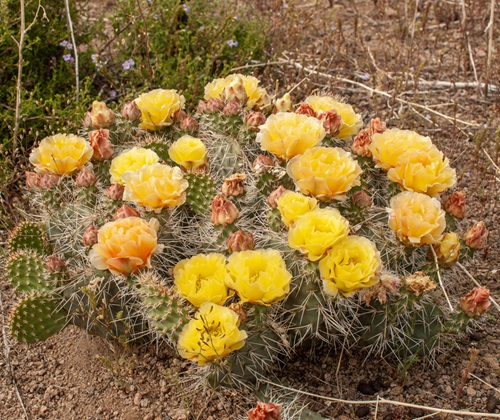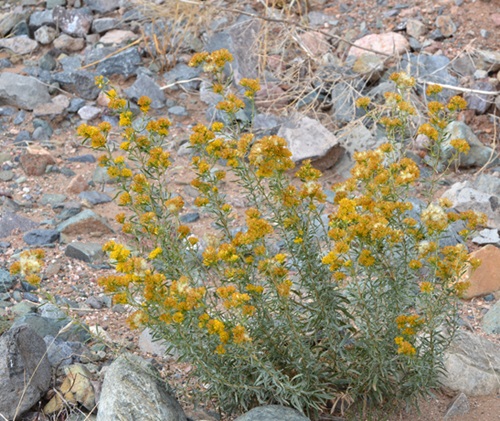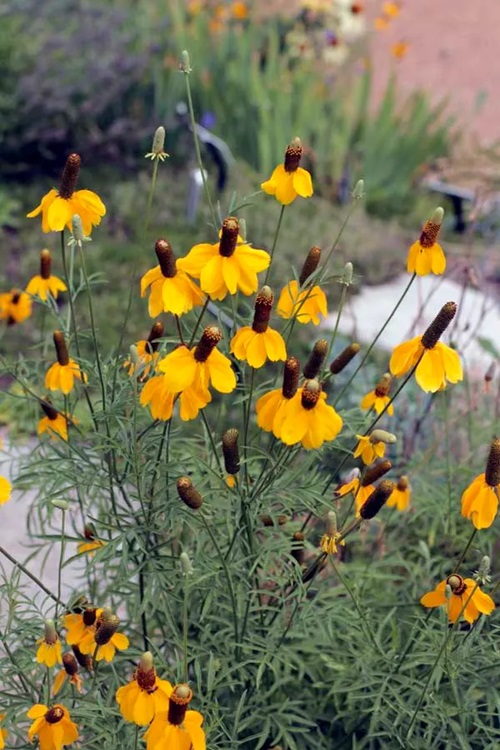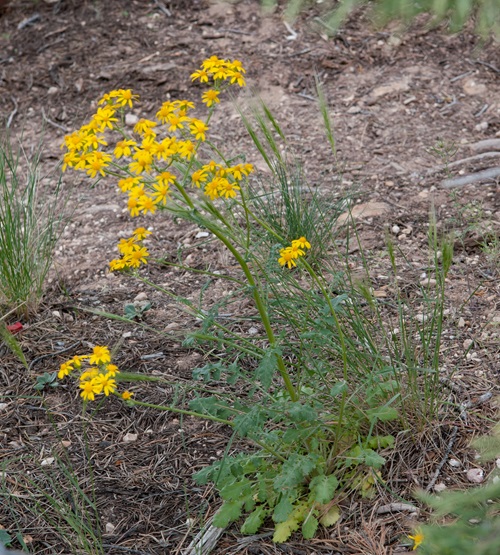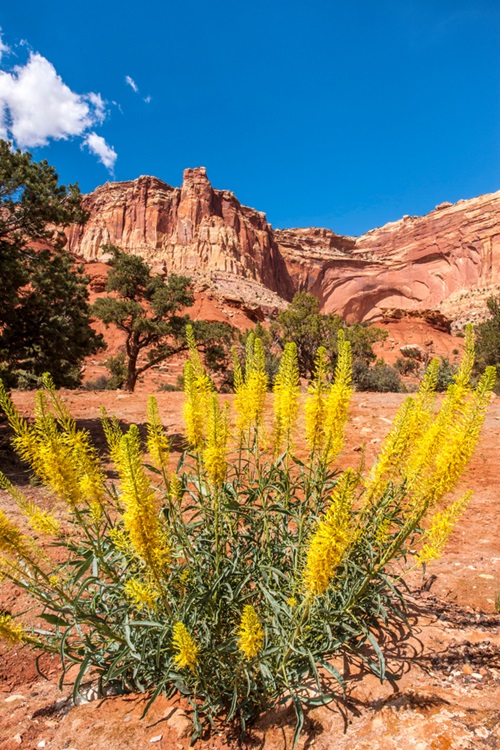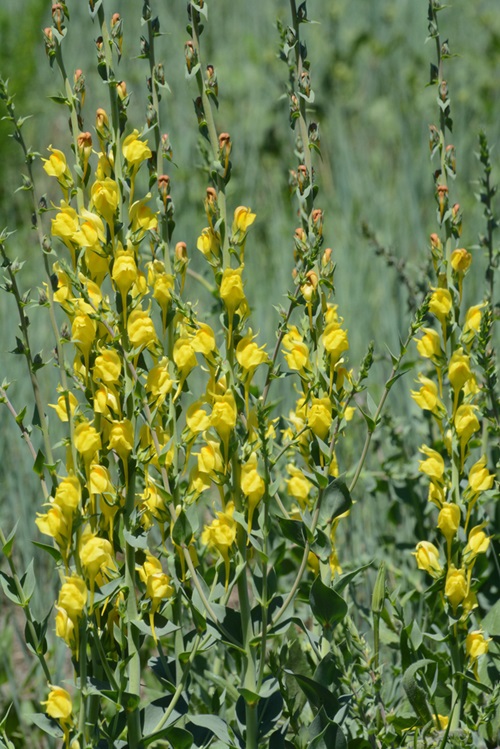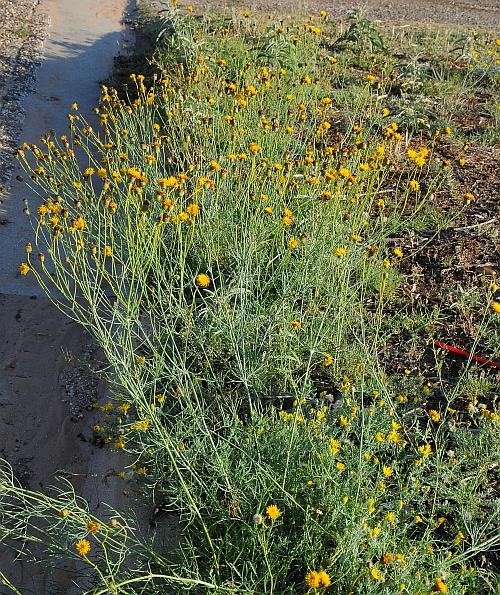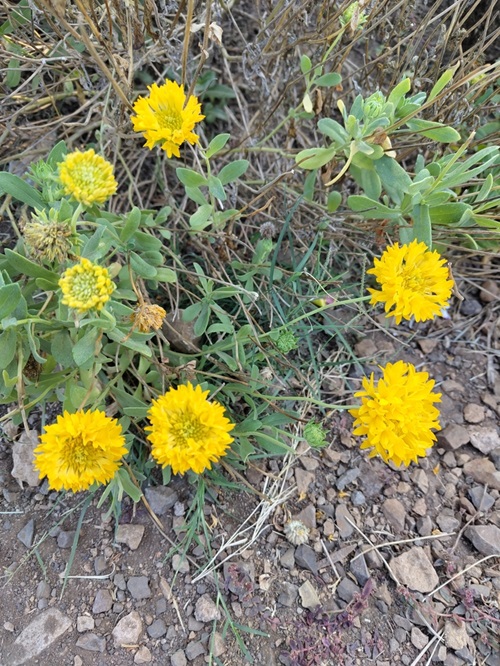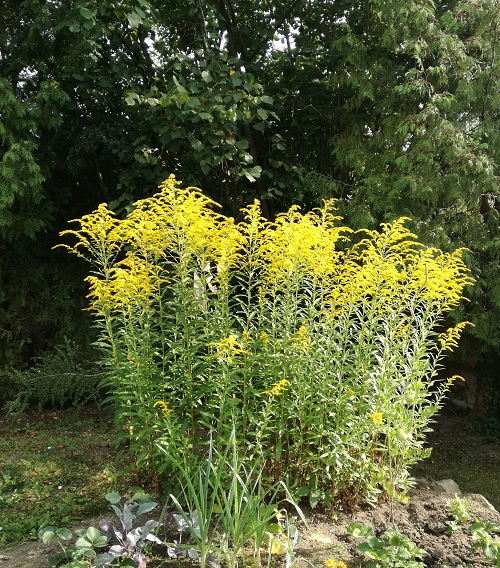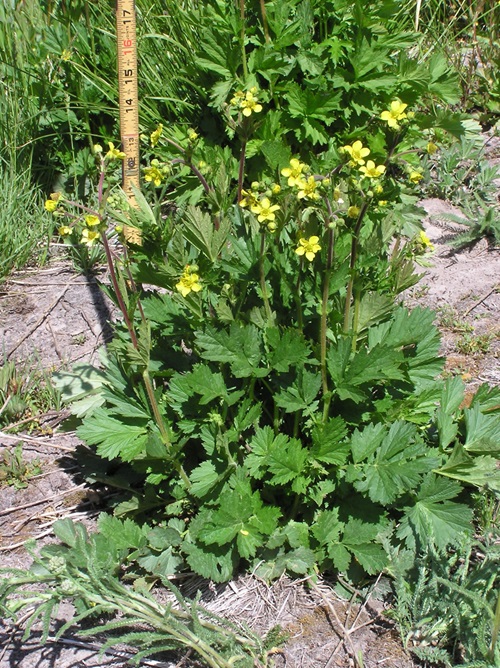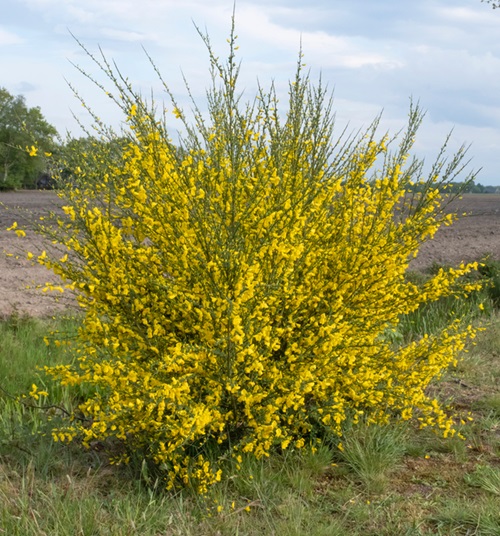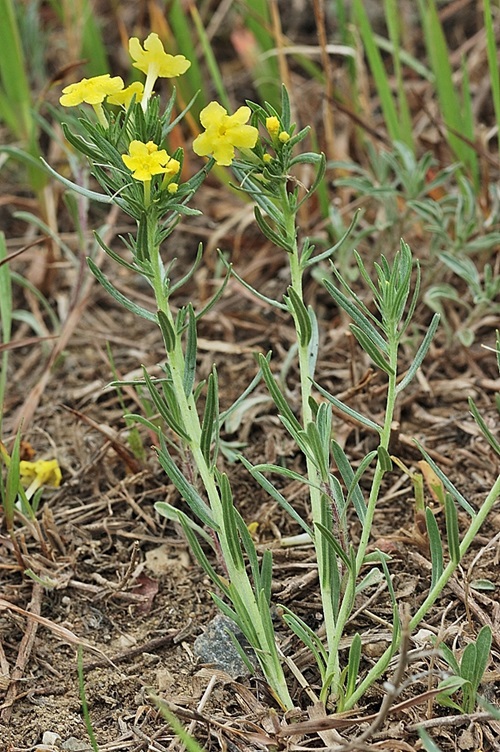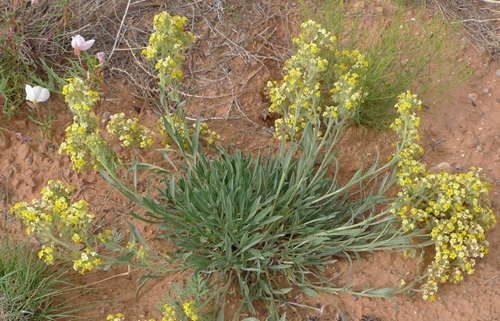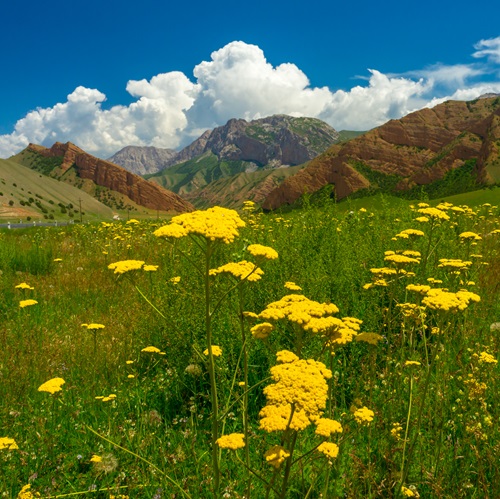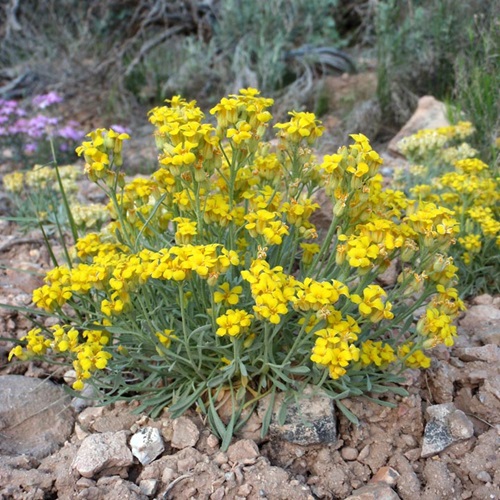Check out an inclusive list of the various Types of Yellow Wildflowers that are quite a common sight across the wild plains.
Often overlooked in favor of more traditional blooms, these vibrant yellow wildflowers are hardy plants that not only offer aesthetic appeal but also have tonnes of ecological benefits.
Here are the best types of orange flowers you can grow.
Types of Yellow Wildflowers
1. Oregon Grape Blossoms
Botanical Name: Mahonia aquifolium
This is a woody plant native to western North America and is the state flower of Oregon. Its glossy green foliage and clusters of bright yellow flowers make it stand out.
2. Dandelion
Botanical Name: Taraxacum officinale
These yellow wildflowers are quite a common sight in different regions. The head of the dandelion flower changes into a round ball with many silver tufted fruits.
3. Balsam Root
Botanical Name: Balsamorhiza sagittata
Balsamroot has bright yellow blooms similar to those of a sunflower. Also, Native Americans use it as a food source.
4. Stonecrop
Botanical Name: Sedum spp.
Stonecrop has gray-green fleshy leaves and clusters of tiny yellow star-like flowers. This plant is drought-tolerant and is commonly used in rock garden settings.
5. Round Leaf Violet
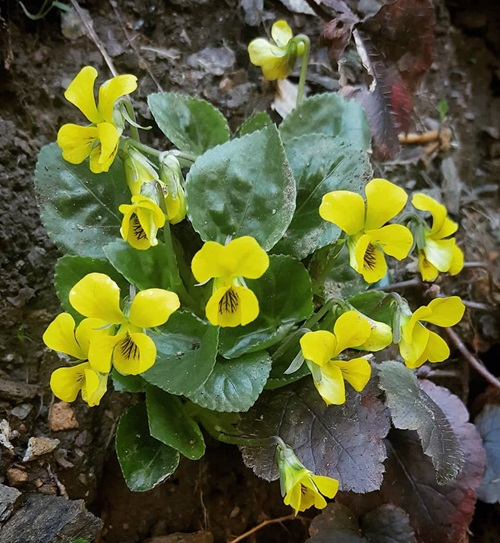
Botanical Name: Viola rotundifolia
This yellow wildflower is a small, low-growing plant in open woodlands and grasslands. Despite being common in the wild areas, it looks quite beautiful!
Twenty-six stunning ground covers with yellow flowers.
6. Common Mullein
Botanical Name: Verbascum thapsus
Common Mullein has tall, yellow flowers stalk, reaching up to 8-10 feet height. Its flowers attract pollinators such as bees, butterflies, and flies.
7. Douglas Buckwheat
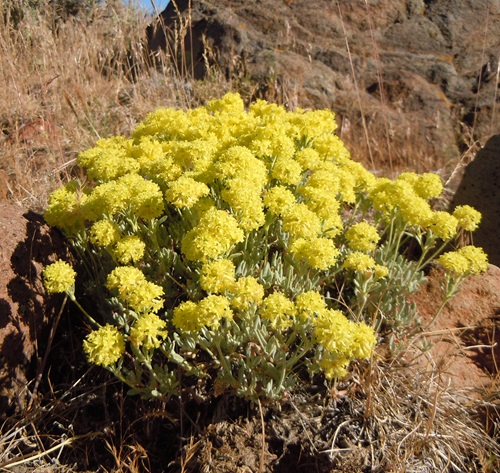
Botanical Name: Eriogonum douglasii
It is a low-growing plant with a thick mat of ‘hair’ around the caudex. It blooms in clusters, which makes it appear like a small bouquet!
8. Glacier Lily
Botanical Name: Erythronium grandiflorum
These yellow wildflowers are native to North America and have star-shaped, bright yellow blooms. Other common names for these are yellow avalanche lily and dogtooth violet.
9. Creeping Buttercup
Botanical Name: Ranunculus repens
Creeping Buttercup, also known as creeping stolons, is considered invasive in certain areas because of its ability to spread quickly and produce many seeds.
10. Hawkweed
Botanical Name: Hieracium spp.
It is a low-growing plant with clusters of small yellow flowers resembling dandelions. It is commonly found as a weed on lawns and gardens.
Best Red Flower Names
11. Antelope Bitterbrush
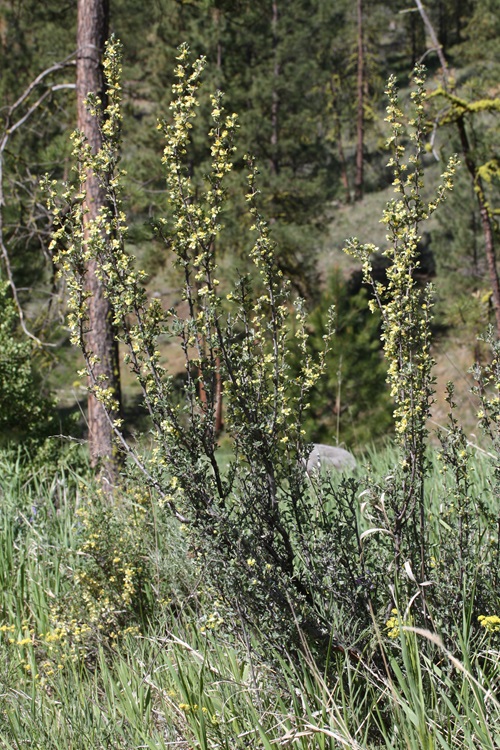
Botanical Name: Purshia tridentata
Also popular as rose bitterbrush, it is a low-spreading shrub that blooms in small, pale yellow flower clusters. It is a vital food source for many wildlife and farm animals.
12. Desert Parsley
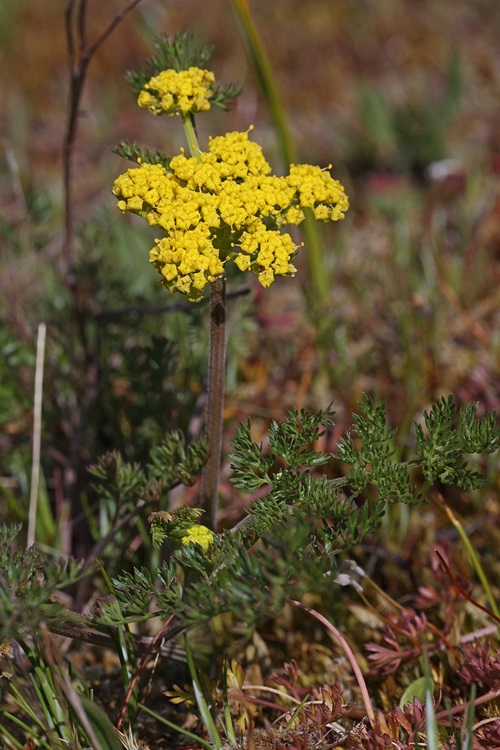
Botanical Name: Lomatium spp.
These yellow wildflowers produce blooms in thick panicles or spikes. It grows in open, dry areas where you can spot it easily.
13. Wallflower
Botanical Name: Erysimum spp.
A large, spiky plant that produces small yellow in clusters. It grows on rocky slopes and is commonly used in landscaping.
14. Yellow Bells
Botanical Name: Fritillaria pudica
It is a low lily-like perennial that blooms in the spring. The bright yellow bell-shaped blooms make it a popular garden choice.
15. Arnica
Botanical Name: Arnica amplexicaulis
Native to the Pacific Northwest, it is distinguished by its lance- to oval-shaped leaves and yellow flowers.
Here are the names of beautiful trees with yellow flowers.
16. Annual Agoseris
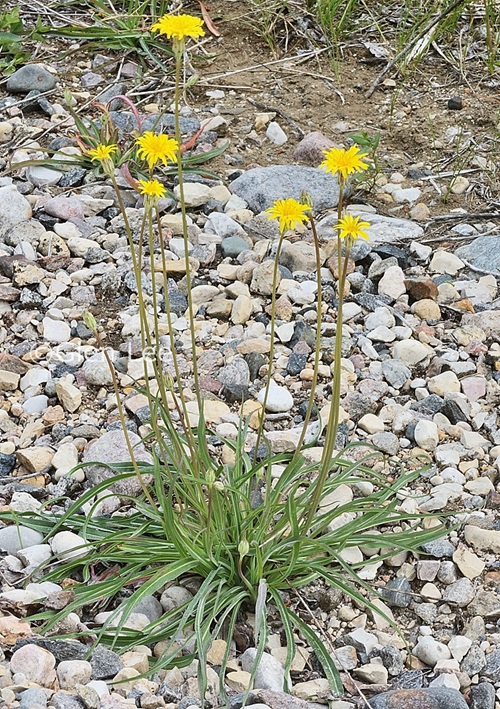
Botanical Name: Agoseris spp.
This plant stands out with its bright yellow flowers and is commonly used in many garden settings thanks to its low-maintenance nature.
17. Prairie Sunflower
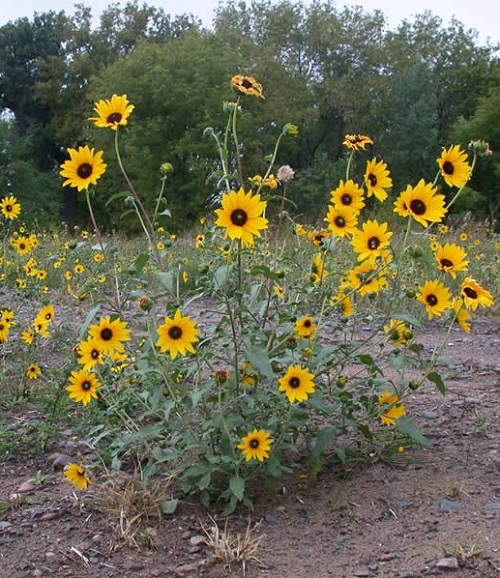
Botanical Name: Helianthus petiolaris
This plant is smaller than the common sunflower. Its seeds are important to birds, making it an essential plant for wildlife gardens.
18. False Hairy Golden Aster
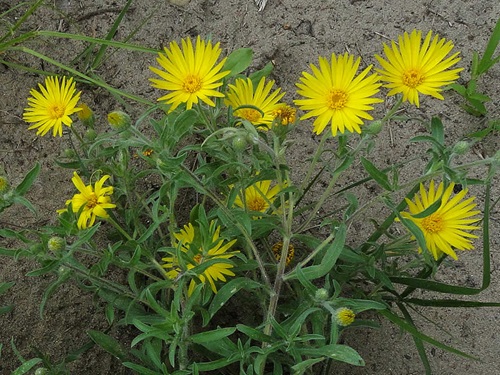
Botanical Name: Heterotheca villosa
This perennial plant grows well in drought conditions. It’s often found along roads, taking advantage of the night’s warmth and moisture.
19. Fineleaf Woollywhite
Botanical Name: Hymenopappus filifolius
It is distinguished by its yellow button-like flowers that grow on tall stalks. It has a spreading habit, and you can spot it easily in the wild regions.
20. College Flower
Botanical Name: Hymenopappus flavescens var. canotomentosus
It has tall stems that grow yellow flowers atop. The feathery leaves make up the base, making it a beautiful addition to any garden.
Here are the Best Types of Orange Flowers
21. Common Dunebroom
Botanical Name: Parryella filifolia
Its flowers grow in thick panicles or spikes. The dunebroom is a plant native to the United States, where it is found in the dunes of Arizona, Colorado, and New Mexico.
22. Yellow Oxalis
Botanical Name: Oxalis stricta
Commonly known as clover-like, it is a low-growing plant with five-petaled bright yellow flowers. It is often used in lawn and garden settings.
23. Western Buttercup
Botanical Name: Ranunculus occidentalis
It grows well on wetland prairies across its range and is also a popular plant for landscaping due to its bright yellow blooms.
24. Fern-leaf Desert Parsley
Botanical Name: Lomatium dissectum
It’s a beautiful, long-lasting plant with tiny yellow flowers that look a lot like parsley. It is quite a common sight in the dry plains.
Look at Plants with Yellow Flowers here!
25. Marsh Yellowcress
Botanical Name: Rorippa islandica
It is native to the African, Asian, European, and Eurasian continents, North America, and the Caribbean. The flowers are small and pale yellow, with four petals.
26. Skunk Cabbage
Botanical Name: Symplocarpus foetidus
The flowers of this plant appear in front of the leaves and are distinguished by a maroon hood-shaped spathe leaf surrounded by a knob-like spadix.
27. Monkey Flower
Botanical Name: Mimulus guttatus
The Monkey Flower is known for its vivid yellow flowers with a large open corolla that looks like a monkey’s face.
28. Tansy Ragwort
Botanical Name: Senecio jacobaea
This plant is distinguished by its clusters of yellow daisy-like flowers that appear at the ends of the stems. Do note that it is poisonous and poses a risk to cattle and agriculture.
29. Towering Lousewort
Botanical Name: Pedicularis procera
These yellow wildflowers have bright yellow flowers that grow on top of tall stems. You can spot this plant at the sides of the country roads, too.
Look at the white flower varieties here
30. Bog Deervetch
Botanical Name: Lotus pinnatus
This plant has yellow umbels of 3 to 12 flowers. It mostly grows in West-Side forest and meadows where it thrives.
31. Woolly Paperflower
Botanical Name: Psilostrophe tagetina
This one grows blossoms in bunches, similar to daisies. The flowers bloom for several months and turn brownish or white at the end.
32. Scrubby Cinquefoil
Botanical Name: Potentilla fruticosa
Shrubby cinnabar is a hardy plant that can withstand drought in the summer with ease and continues to grow clusters of yellow flowers!
33. Skunkbush
Botanical Name: Rhus aromatica
It showcases vibrant yellow flowers in spring, later producing tart red berries. The leaves transform into a stunning mix of gold, orange, red, and burgundy in fall.
34. Fendler’s Spring Parsley
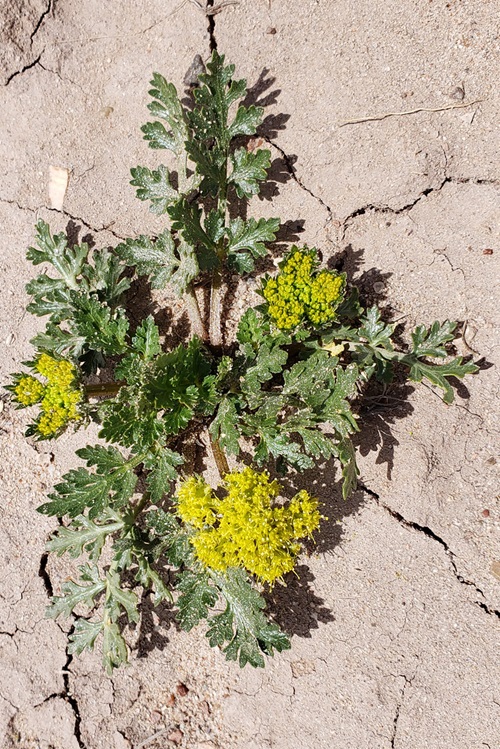
Botanical Name: Cymopterus glomeratus
This plant features glossy, dark green leaves and clusters of fluffy yellow flowers. It is a carrot family member!
Discover purple bulb flowers in this article.
35. Fendler’s Bladderpod
Botanical Name: Physaria fendleri
This plant is native to the southwest United States and north Mexico and grows to a height of 8-12 inches, producing yellow blooms.
36. Stemless Horsebrush
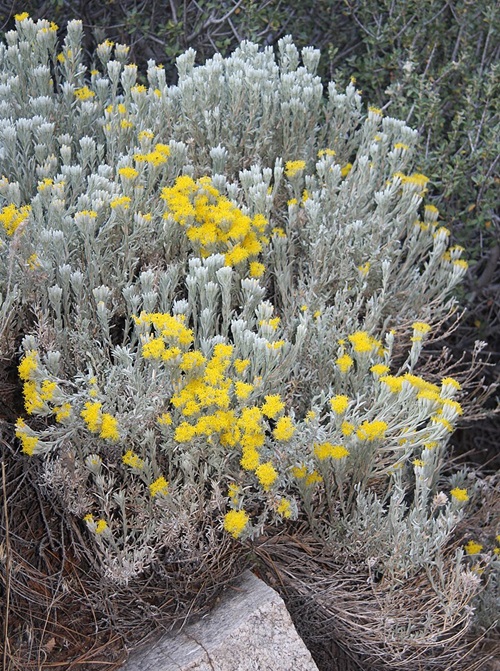
Botanical Name: Tetradymia canescens
It produces small yellow flowers in thick panicles or spikes and is native to Western North America. It is common in forests and scrubby open plains.
37. Yellow Salsify
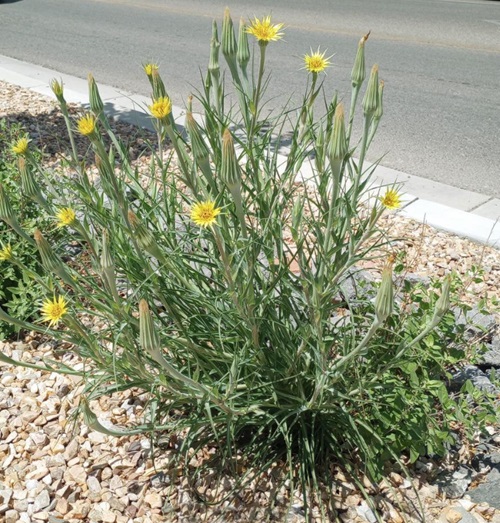
Botanical Name: Tragopogon dubius
These plants grow big yellow flowers that turn into big fluffy puffballs. It is an invasive species that was introduced in the US because of its edible roots.
38. Plains Zinnia
Botanical Name: Zinnia grandiflora
The plant develops a moss-like mat of tiny needle-like leaves and blooms many bright yellow, 3 to 6-rayed flowers.
Discover flowers that start with ‘P.
39. Western Groundsel
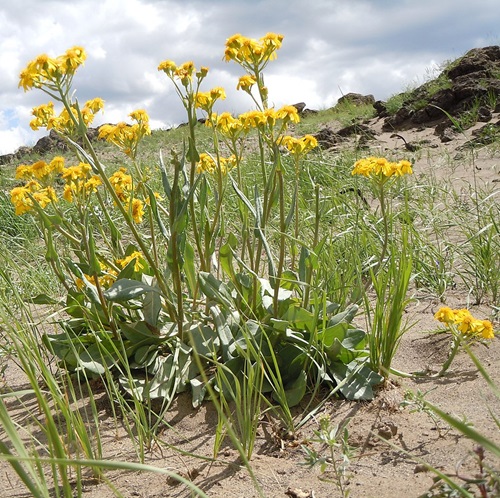
Botanical Name: Senecio integerrimus
It is a large spiky plant that blooms in clusters of small yellow flowers that resemble daisies. The plant is a common sight in open, dry areas.
40. Desert Dandelion
Botanical Name: Malacothrix sonchoides
Similar to non-native dandelions, it forms a low-lying rosette and yellow flowers. You can also grow it in mini pots for a yellow display!
41. Threadleaf Groundsel
Botanical Name: Senecio flaccidus
The leaves and flowers of this plant have a spiky appearance. These yellow windflowers are quite a common sight in dry regions.
42. James’ Holdback
Botanical Name: Pomaria jamesii
This perennial has pretty yellow, freckled flowers in upward racemes. It grows to a height of about 1 foot.
43. Gladiator Vetch
Botanical Name: Astragalus xiphoides
This rare plant has thin stems and small yellow flowers. It is of special interest in Arizona, where it is known for its bright yellow calyx.
Explore dark blue flowers in this post.
44. Whipple’s Fishhook Cactus
Botanical Name: Sclerocactus whipplei
It is native to the Colorado Plateau and Canyonlands region of the United States. The flowers on the top are the most notable feature of this plant!
45. Common Sunflower
Botanical Name: Helianthus annuus
Known for its large, golden ray flowers and a center of brown disk flowers, it is surely one of the most recognized yellow wildflowers on this list!
46. Starvation Prickly Pear
Botanical Name: Opuntia polyacantha
Its flowers range from yellow and magenta to red. They change color from yellow to pink or orange as they age.
47. Rusby’s Goldenbush
Botanical Name: Isocoma rusbyi
You might mistake it for a weed with no flowers, but the plant blooms tiny blossoms in clusters that have an orange-yellow hue.
48. Upright Prairie Coneflower
Botanical Name: Ratibida columnifera
The plant is native to prairies, plains, and roadsides – what makes it stand out is the shape of the flowers! Not a bad choice for containers!
49. New Mexico Groundsel
Botanical Name: Packera neomexicana
It features serrated leaves and bright yellow flowers. Though it is common in the wild, you can grow it in the garden along the borders.
Look at the sunflower colors in this post.
50. Greenstem Paperflower
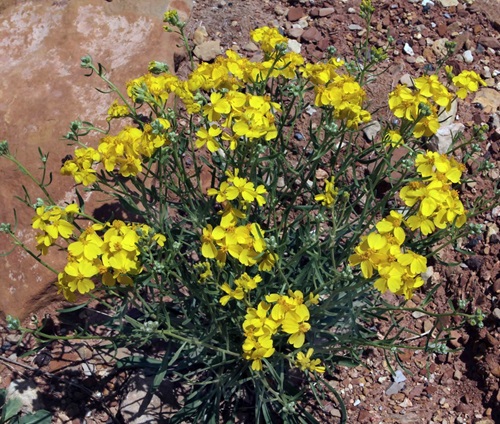
Botanical Name: Psilostrophe sparsiflora
Also known as yellow-flowered paperflower, it is native to the southwest U.S. and is distinguished by its yellow flowers and sparsely hairy green stems.
51. Prince’s Plume
Botanical Name: Stanleya pinnata
The plant is distinguished by its racemes, arranged in a raceme-like fashion, similar to cleome and spider flowers.
52. Dalmation Toadflax
Botanical Name: Linaria dalmatica
It is a small to medium-sized herb with light green leaves and snapdragon-like yellow flowers. It grows to about 3 feet tall.
53. Green Thread
Botanical Name: Thelesperma megapotamicum
This plant is a long-lived perennial herb with a thin, branching stem that comprises many disc florets (yellow or orange).
Have you seen flowers that look like cats? If not, then click here
54. Golden Crownbeard
Botanical Name: Verbesina encelioides
This plant blooms bright yellow flowers and can be found in disturbed soil and roadsides. It can be identified by its long, furry stems and leaves.
55. Saw-toothed Goldenweed
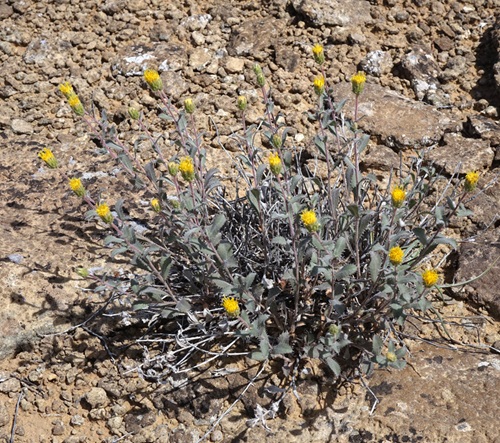
Botanical Name: Xanthisma grindelioides
The plant has saw-tooth-like leaves and small clusters of yellow disk-like flowers. It grows in semi-desert areas.
56. Goldenrod
Botanical Name: Solidago spp.
Goldenrod has small bright yellow flowers, which appear in clusters on the tall stems. The blooms attract pollinators, including butterflies, bees, and insects.
57. Large-leaved Avens
Botanical Name: Geum macrophyllum
Its flowers have many yellow-tipped stamens that become reddish brown as they age. It can grow up to a height of 2-4 feet.
58. Gold Star
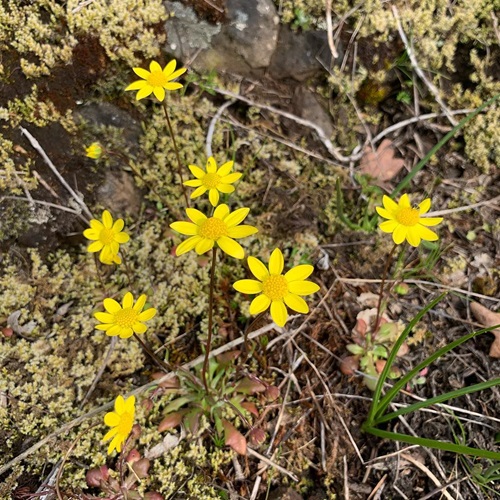
Botanical Name: Crocidium multicaule
This plant grows in western North America from British Columbia to California and grows in various habitats, including grasslands, woodlands, and dry open areas.
Look at these black and white flowers in this post
59. Scotch Broom
Botanical Name: Cytisus scoparius
It is distinguished by its vivid yellow blooms and is considered an invasive weed in many parts of the US, including Washington state.
60. Fringed Puccoon
Botanical Name: Lithospermum incisum
It is a hairy perennial herb that produces a clump of stems with narrow, pointed leaves. The flowers are trumpet-shaped, with pale to vivid yellow or gold fringed lobes.
61. Yellow Catseye
Botanical Name: Oreocarya flava
Known for its lanceolate leaves that form a soft mound beneath the upright yellow flower spikes, the plant is native to the dry, rocky areas.
62. Tansy Mustard
Botanical Name: Descurainia pinnata
Tansy mustard flowers are quite common across the wild plains. These do well in all sorts of climates and soil, making them perfect for any growing conditions.
63. Arizona Bladderpod
Botanical Name: Physaria arizonica
This long-lasting herb produces clusters of small, yellow flowers in the spring and summer. It stays low, growing up to only 6-10 inches tall.

